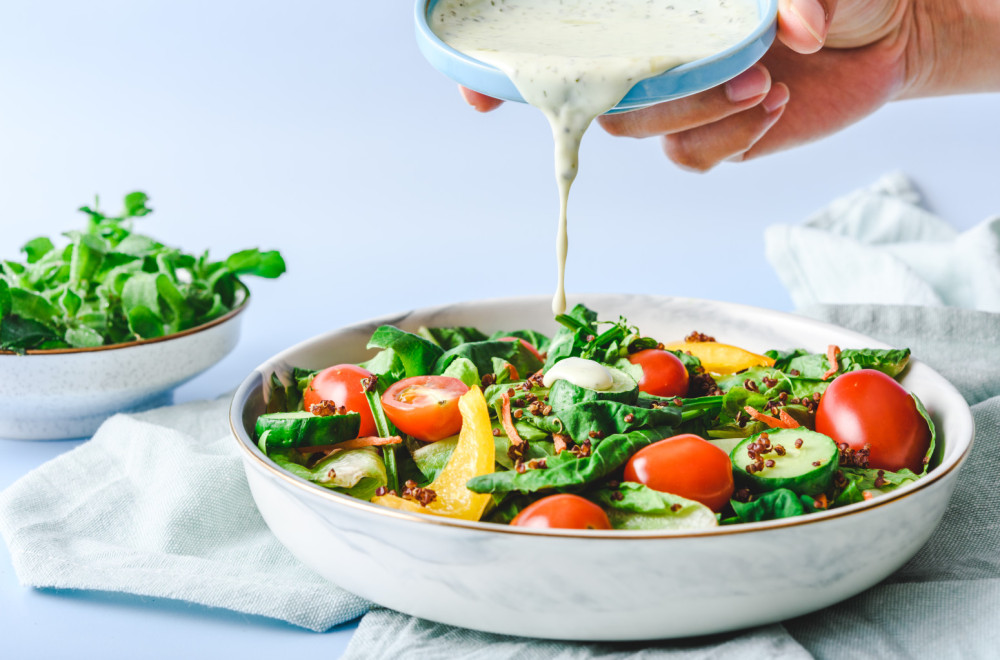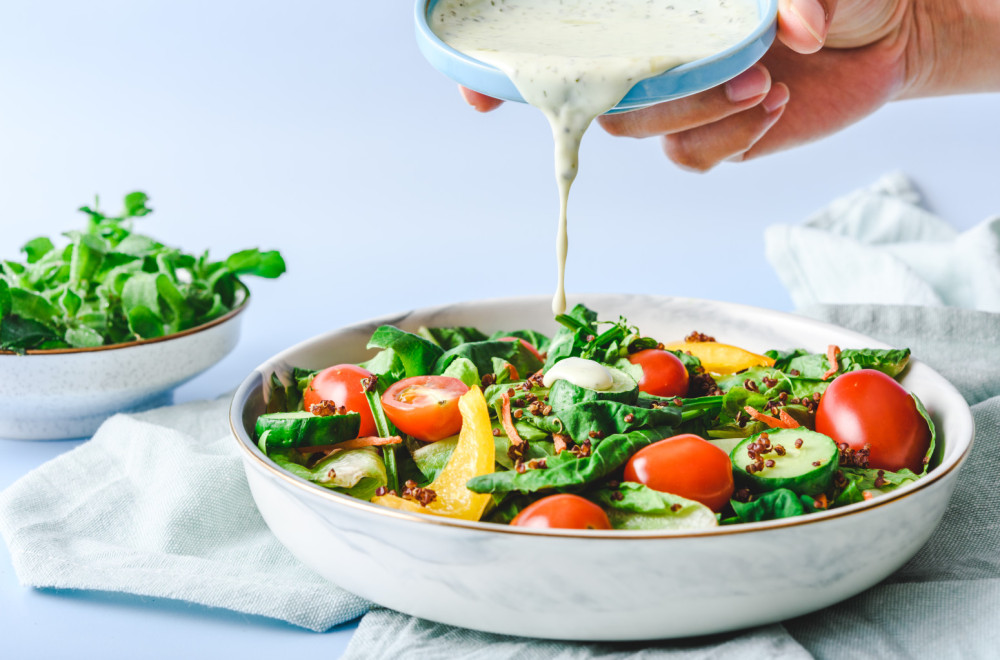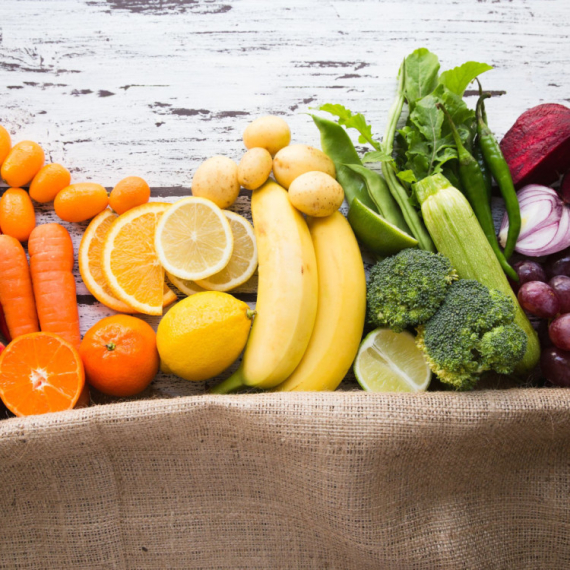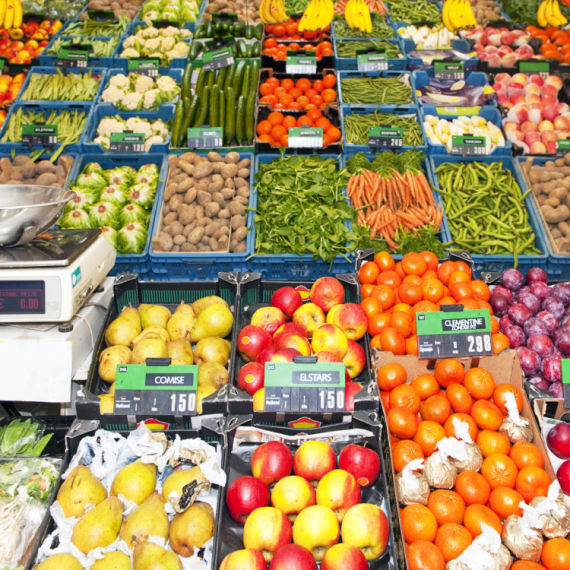Experts warn that most people consume significantly less fiber than recommended, which can increase the risk of heart disease, type 2 diabetes, and colon cancer. Research shows that increasing fiber intake by just five grams per day can significantly reduce the risk of premature death and contribute to longevity. Foods such as black beans, raspberries, avocados, and chia seeds are rich in fiber and antioxidants, helping to maintain a healthy gut microbiome and stable blood sugar levels. Nutritionists recommend including these foods in the daily diet, especially at breakfast, as a key moment for fiber intake. Also, if it is not possible to consume enough fiber through food, quality supplements can help, but products with added sugar and artificial ingredients should be avoided.
Political Perspectives:
Left: Left-leaning sources emphasize the health benefits of fiber-rich foods as part of a balanced diet and public health promotion. They highlight the importance of accessible, affordable healthy food options and the role of diet in preventing chronic diseases. They may also stress the need for systemic changes to improve nutrition education and food availability.
Center: Center-leaning sources focus on the scientific evidence supporting fiber intake and practical dietary recommendations. They present balanced views on the benefits of fiber, including specific food examples and advice from nutrition experts. The narrative is generally neutral and informative, aiming to educate the public on healthy eating habits.
Right: Right-leaning sources may emphasize personal responsibility in health and diet choices, promoting fiber-rich foods as part of a healthy lifestyle. They might highlight traditional or natural food options and caution against over-reliance on supplements or processed foods. The narrative may also include skepticism towards government intervention in dietary guidelines.



















































